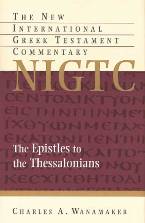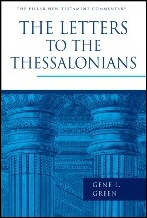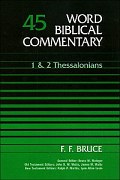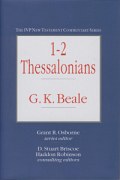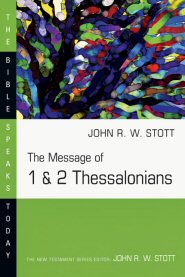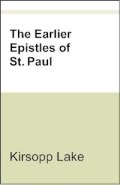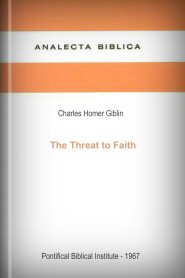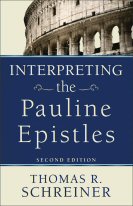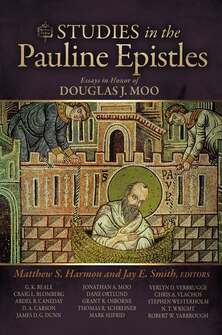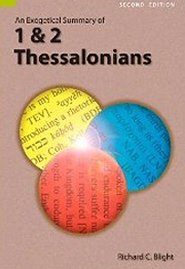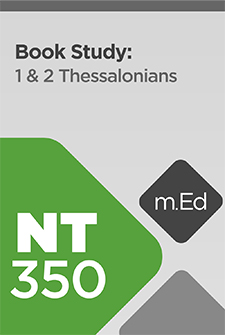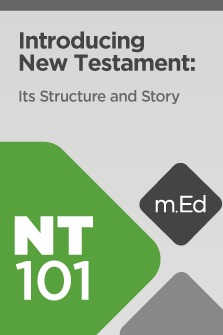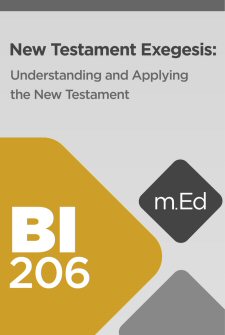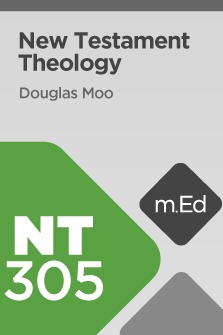1-2 Thessalonians
The 1–2 Thessalonians Expository Preaching Kit (L) helps you plan an expositional sermon series by curating a trifecta of the best Bible study materials on 1–2 Thessalonians you need to prep and preach. It includes everything in 1–2 Thessalonians Expository Preaching Kit (S) and 1–2 Thessalonians Expository Preaching Kit (M), plus resources like Commentaries on the Epistles of Paul the Apostle to the Philippians, Colossians, and Thessalonians by John Calvin, G. K. Beales 1-2 Thessalonians (IVP New Testament Commentary Series), and 1 & 2 Thessalonians: Triumphs and Trials of a Consecrated Church (Focus on the Bible Commentaries | FOB).
Small
Medium
Large
